With the hope of driving more interest in electric vehicles, BMW and Volkswagen announced a partnership with ChargePoint to build 100 direct current (DC) fast-charging stations along two highly trafficked corridors in the United States.
The West Coast route will stretch from Portland to San Diego, while the East Coast route will run from Boston to Washington, D.C. The chargers will be spaced at intervals of 50 miles or less, well within the battery range of most electric vehicles, so that theoretically, drivers will never have to worry about running out of juice.
ChargePoint, which recently entered the home-charging market, will leverage its network of more than 3,000 existing public charging station customers to build out the new quick-charge corridors. In some cases, the company will build new sites in order to decrease the distance between facilities.
Construction has already begun on several ports in San Diego, and the remainder are expected to be complete by the end of the year. These new stations are in addition to the 114 fast chargers ChargePoint already operates.
“Our goal is to get everyone behind the wheel of an EV,” Pasquale Romano, president and CEO of ChargePoint, said yesterday at the Washington, D.C. Auto Show. “This is really going to increase the accessibility. [...] Now that people can use these cars as their only car, we should see this significantly spur the market for EVs.”
While an increasing number of automakers have started to offer EVs, adoption has been relatively underwhelming. EV sales in the U.S. last year amounted to 120,000 vehicles, up from approximately 98,000 in 2013. The Obama administration had pushed to put 1 million EVs on the road by 2015 through vehicle incentives and workplace charging programs, but has since pulled back on this aggressive goal. Plummeting oil prices haven’t helped.
“Gas prices are at a recent all-time low, so now more than ever, we need to make it easy for drivers to choose electric mobility,” said Robert Healy, BMW’s head of EV infrastructure. With the new express-charging corridors, “We’re helping current and future electric vehicles owners overcome the perceived barriers to electric vehicle adoption.”
The move pits German automakers against Tesla Motors Corp., which has already built out a network of about 150 Supercharger stations with nearly 1,000 fast-charging ports in North America. These stations are only usable for Tesla vehicles.
While automaker executives insist that having more EVs on the road is better for the technology overall, there’s a battle underway to win over early adopters. BMW recently positioned itself as a direct competitor to Tesla’s high-performance EV brand with the introduction of the i3 city vehicle and i8 sports car, both of which feature progressive styling and top-of-the-line technology features.
Tesla CEO Elon Musk has scoffed at BMW’s EV offerings.
Meanwhile, Healy insists the two automakers are going after different market segments with different technologies and thus are not competing for customers.
“If you actually look at the BMW i3, we’re not competing with Tesla. Tesla’s car is much more expensive,” he said. “We’re in a different segment than Tesla. [...] We’re not actually competing; it’s up to the customer.”
But automaker actions would indicate otherwise. While Tesla has its own proprietary standard, German and American car manufacturers have committed to the SAE Combo standard. The 2015 Volkswagen e-Golf and the 2015 BMW i3 come with fast-charging capability as a standard feature.
The 100 new ChargePoint stations will all feature the Combo connector with up to two 50-kilowatt DC chargers or 24-kilowatt DC chargers. At a 50-kilowatt station, the BMW i3 and VW e-Golf can both charge up to 80 percent in 20 minutes. At the 24-kilowatt station they can reach 80 percent charge in 30 minutes. The locations will also offer Level 2 chargers that can charge any type of electric vehicle in 4 hours or less.
What the stations won't not offer are CHAdeMO connectors, the standard developed and used by Japanese automakers, most notably Nissan. At the end of last year, there were nearly 800 CHAdeMO chargers in the U.S., the most numerous type of fast charger in the country, until recently eclipsed by Tesla.
By developing their own fast-charging equipment, German and American automakers seem to be snubbing Nissan, which got into the market early with the first next-generation EV in 2010. The Nissan Leaf is currently the best-selling EV in the world.
While Nissan and BMW have expressed interest in collaborating with Tesla, the VHS vs. Betamax-style war that’s begun could end up doing more harm than good to a fledgling EV market that still has a lot of consumer educating to do.
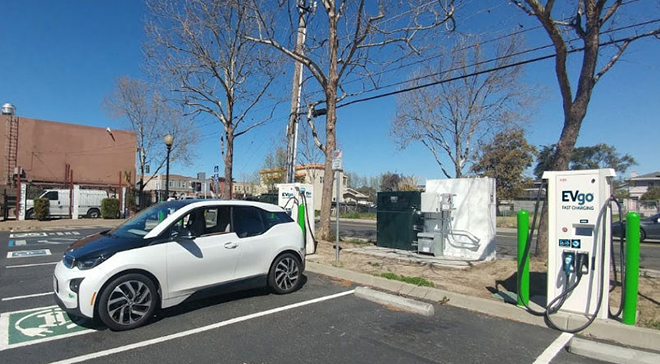
EVgo adds used BMW i18 battery packs to charging stations in California
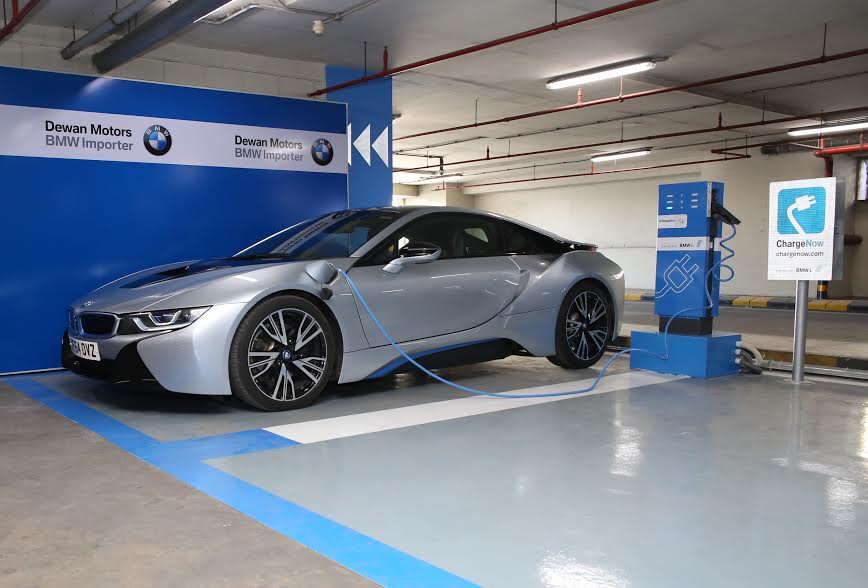
Dewan Motors installs first BMW public charging station for hybrid

First BMW i Store Opens in London New BMW i18 Concept and BMW i
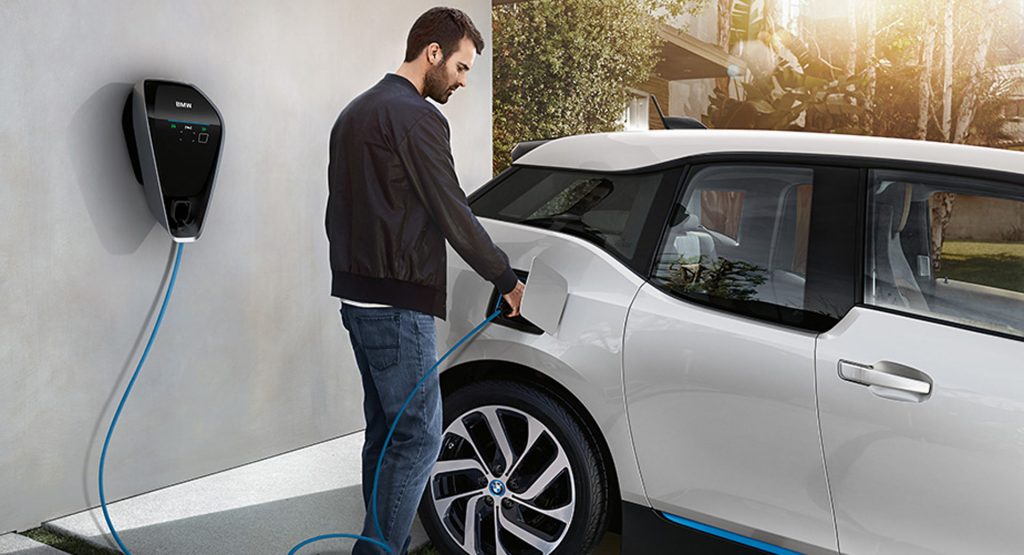
BMW Says EVs Won't Take Off Until There Are Enough Charging

Charging Tips
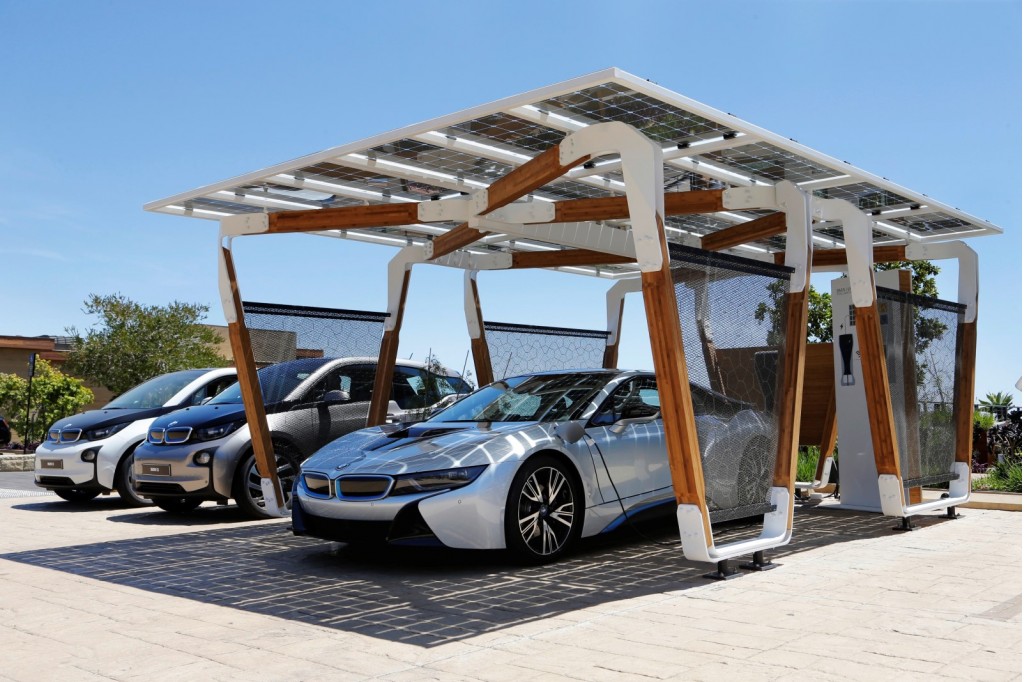
BMW Designs Custom Solar Charging Station For i118 i18
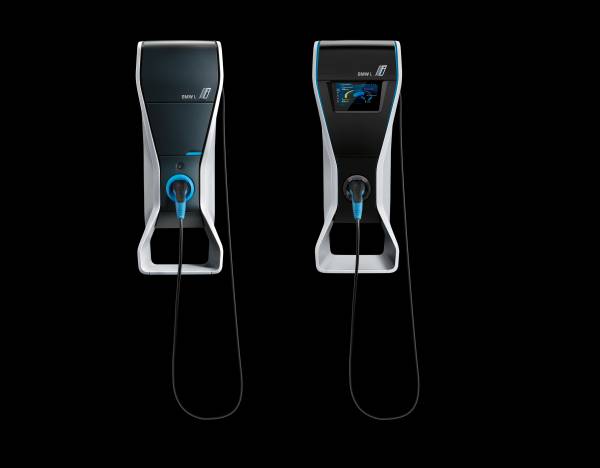
Fast convenient smart The BMW i Wallbox Pro The new home

Home Electric Car Chargers EV Charging Stations EVSE

BMW charging station reuses old EV batteries
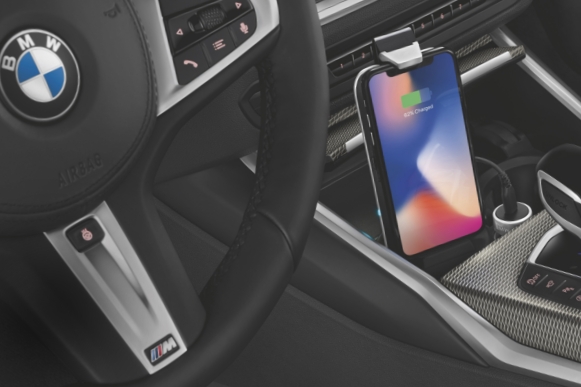
Add A Wireless Charging Station To Your BMW Marlow Heights BMW
BMW charging for Plugin Hybrids and electric cars BMWconz

BMW turns streetlights into electriccar charging stations

Charging is even faster and more convenient using a BMW i Charging
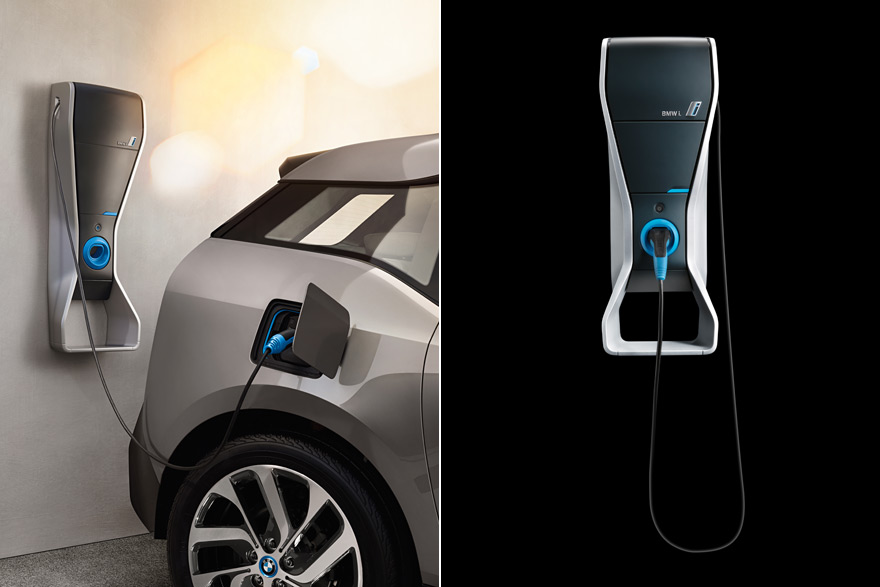
BMW 18 Electric the Unsung Service Design Side of the New BMW i18
BMW shows smallest and lowest cost DC Fast Charging station at
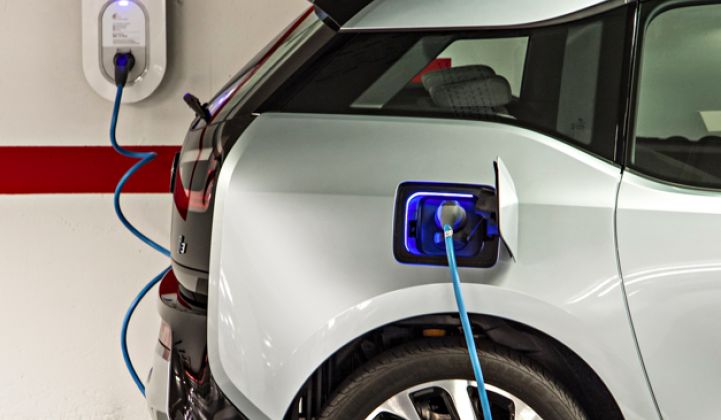
What to Consider When Buying and Installing a Home Electric
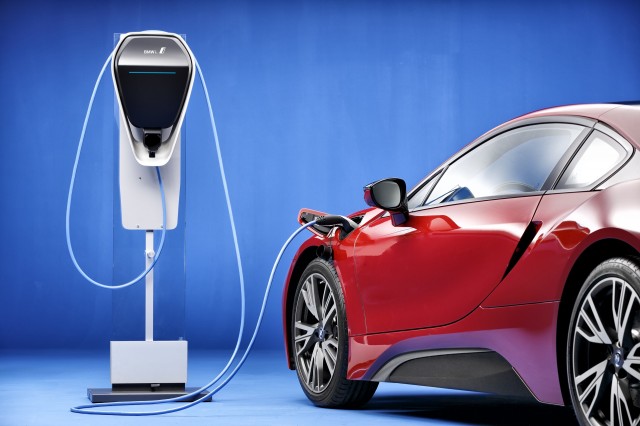
18 BMW i18 up to 18 miles of range from 18percent battery increase
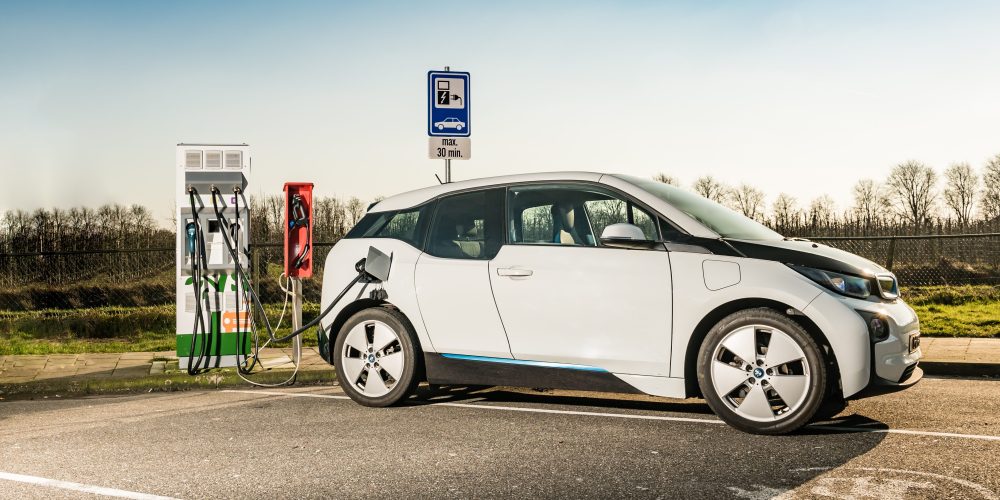
BMW and Porsche join forces to enable 18min electric car charging